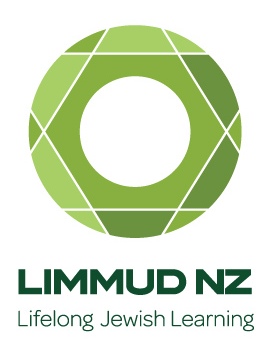British Labour Party leader Jeremy Corbyn is embroiled in a conflict which threatens to not only see him challenged for his position, but also split the party when it should be riding high in the polls.
On Saturday, Mr Corbyn apologised for the hurt inflicted on Jewish people by the Labour anti-Semitism row as he vowed to speed up scores of disciplinary cases.
In a video message released on social media, he said working with the Jewish population to rebuild trust was a ”vital priority”. Labour has been slow in processing disciplinary cases of, mostly online anti-Semitic abuse by party members. The party wants to accelerate this process – Labour must never be the home for such people.
His public statement on the divisive issue came after weeks of difficult headlines and virtual silence from Labour’s front bench. Labour MP for Barking Margaret Hodge confronted Mr Corbyn in Parliament and told him to his face what she and many others are feeling.
Under his leadership, the Labour Party is perceived by most Jews, thousands of party members and millions of members of the public, as anti-Semitic and racist.
Ms Hodge, who describes herself as a secular, immigrant Jew, said anti-Semitism appeared to have become the legitimate price the leadership was willing to pay for pursuing the longstanding cause of Palestinians in the Middle East.
Complaints to the Labour Party about anti-Semitism from party members have been dealt with in a desultory manner. In the middle of last month, Labour’s national executive committee agreed its own definition of anti-Semitism. Instead of adopting the international definition agreed in 2016 in the wake of the rise of anti-Semitism across Europe, the party chose to omit key examples used in that definition.
The British Labour Party is not alone in battling anti-Semitism. The childhood home of the late Elie Wiesel, the Holocaust survivor, renowned author and winner of the Nobel Prize for Peace, was vandalised with anti-Semitic graffiti. The house in the Romanian town of Sighetu Marmatiei serves as a museum. Anonymous vandals scrawled on the house the words: ”Pedophile. Jewish Nazi who is in hell with Hitler”.
In New Zealand, Unite Union official Mike Treen was detained in Israel after he took part in an aid convoy to Gaza. Mr Treen was allegedly attacked, alongside other international campaigners, on the ship Al Awda. Green MP Marama Davidson also suffered the same treatment on an earlier trip.
There is a rise in anti-Israel sentiment globally, fuelled in part by hard left-wing activists who are taking the side of Palestine. Israel says it is defending its borders, surrounded as it is by Arab nations.
Gruesome images of children being hit by Israeli rockets can be found easily in mainstream media reports, often without the balance of why Israel decided to launch the attack. Israel’s voice needs to be heard.
The scrape Mr Corbyn now finds himself in will not go away easily as Jewish groups accuse him of lecturing them on the issue and being ideologically hostile to the International Holocaust Remembrance Alliance’s definition of anti-Semitism.
It remains unclear whether the Labour leader is ready to adopt the code. The Jewish community has repeatedly said the party must act, rather than just talk, about the problem.
In an article for The Guardian published on Saturday, Mr Corbyn said he felt confident outstanding issues over the definition of anti-Semitism could be resolved.
The British Labour Party is an example to politicians around the world of the dangers of ignoring the growing global problem of anti-Semitism affecting both the political left and right.
With the Holocaust remaining in living memory, world leaders must show more empathy to the horrors the Jewish people have faced and continue to face.






Speak Your Mind